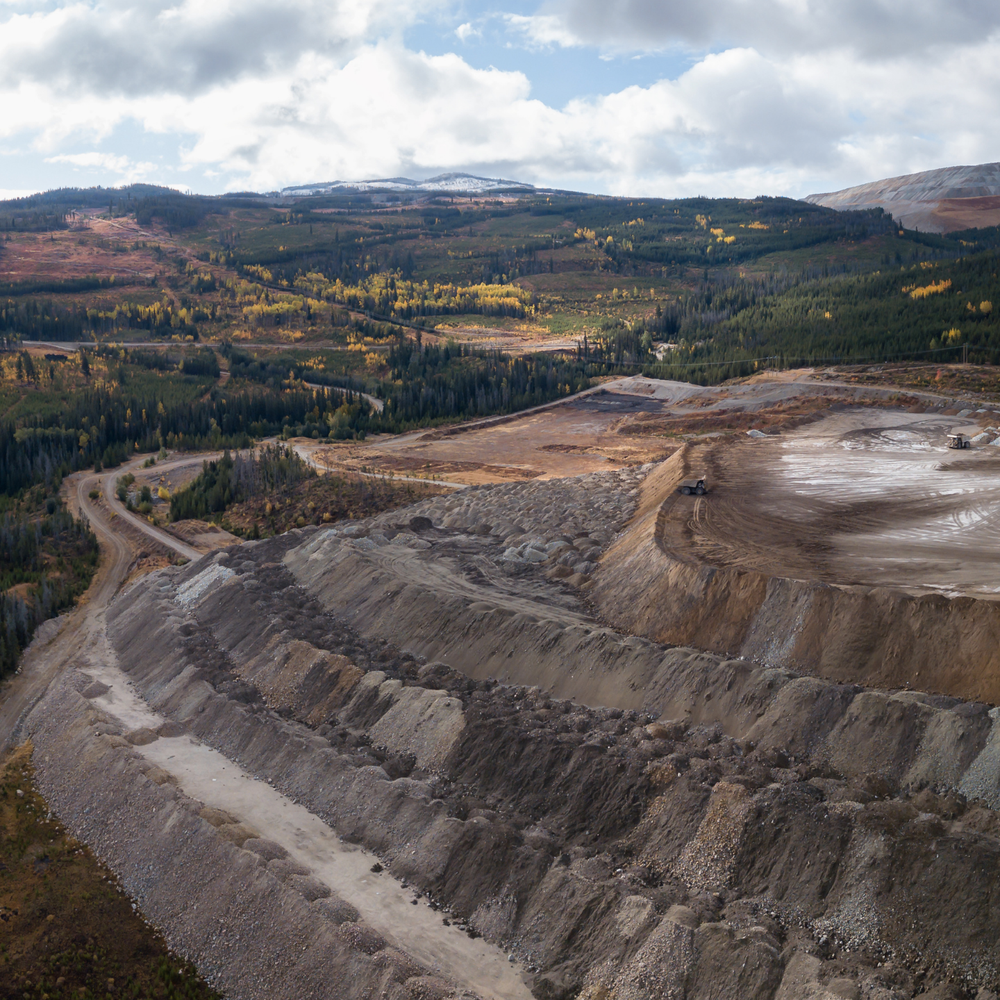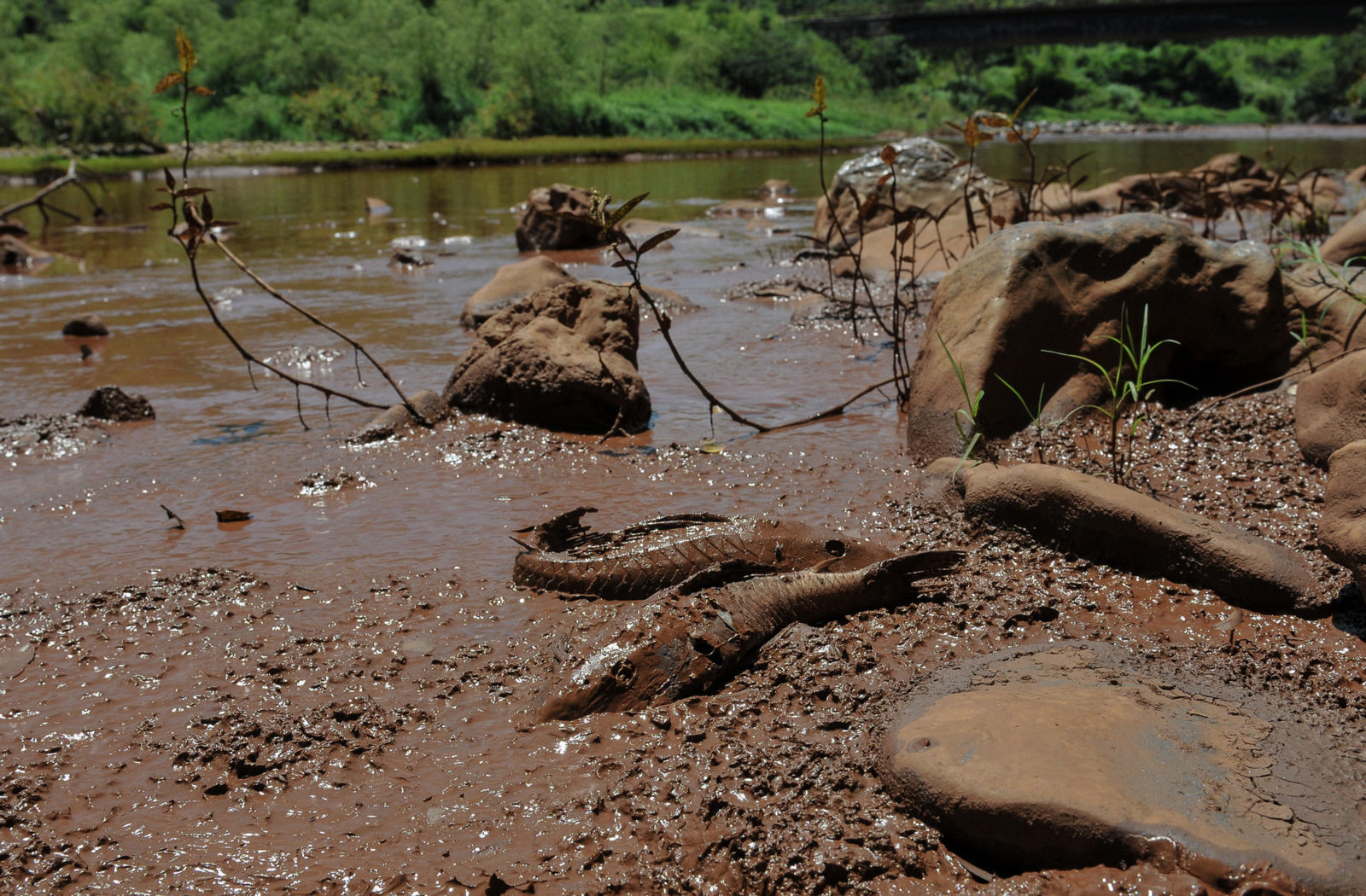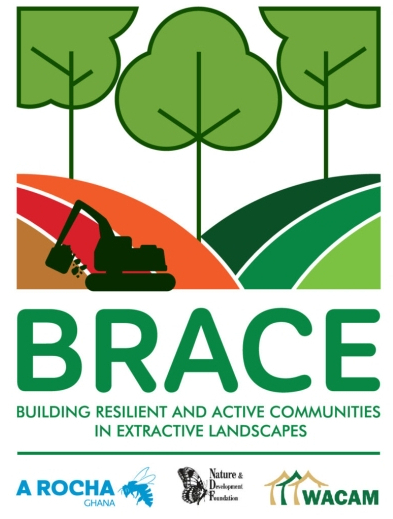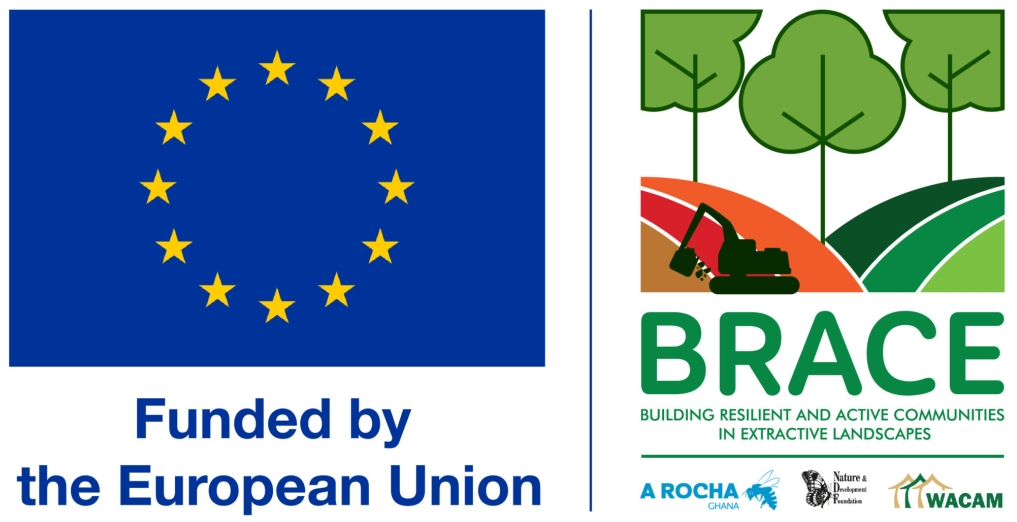
Purpose of The Tracker
The purpose of the Human Rights in Ghana’s Mining Sector Tracker is ultimately to improve human rights practices in mining by publicly exposing the mining companies causing human rights violations, including people’s environmental, land, and resource rights. It is expected that by exposing violations and raising public awareness, pressure will be brought to bear on the companies involved, helping push positive changes in the sector. The tracker also serves as a database of evidence that individuals and organizations can use in their research, analysis, tracking, advocacy, and awareness raising. Companies and individuals eager to purchase sustainable and ethical gold can get evidence of companies violating human rights and find ways to avoid purchasing from them. The information can be used as evidence to press individual companies to improve their policies and practices and to advocate for stronger agreements and legislation both nationally and internationally on human rights in the minerals extractive sectors.
Validation of Cases
The tracker publicly shares validated cases reported by affected communities and their representatives. Information includes the companies involved, the form of violation, the location, actions taken to report cases, any redress given, and links to online articles and reports about each case as well as companies’ human rights policies (where they exist).
The database also enables a search by company to check if there have been any violation reports made against an actor of interest.
Methodology for the Tracker
Capturing Allegations of Human Rights Violations
The tracker documents allegations of human rights violations against mining companies operating in Ghana.
Reports are submitted by BRACE project partners, validated before entry, and may include complaints involving various minerals, primarily gold, but also bauxite, lithium, diamonds, manganese, cobalt, etc.
Focuses exclusively on mining activities, excluding downstream processes like smelting, refining, or export.
Adding Companies and Minerals
Companies and minerals are added to the tracker database only when specific allegations of human rights violations have been reported and validated.
Both Ghanaian companies and foreign multinational corporations are included.
Incorporating Media Reports
The tracker incorporates validated allegations published in both local and international media.
These reports are added even for mining operations outside BRACE project landscapes if they contain specific incident details (e.g., dates, violation types, affected groups).
Detailing Violations and Related Impacts
Each violation record may link to multiple impacts, including:
Restricted access to clean water, safe food, and air.
Loss of livelihood, lands, and natural resources.
Violations involving environmental defenders, youth, women, and farmers advocating for their land rights
Adding Companies and Minerals
Companies and minerals are added to the tracker database only when specific allegations of human rights violations have been reported and validated.
Both Ghanaian companies and foreign multinational corporations are included.
Detailing Violations and Related Impacts
Each violation record may link to multiple impacts, including:
Restricted access to clean water, safe food, and air.
Loss of livelihood, lands, and natural resources.
Violations involving environmental defenders, youth, women, and farmers advocating for their land rights
The Human Rights in Ghana’s Mining Sector Tracker captures allegations reported to, and validated by, the BRACE project partners made against mining companies in Ghana. The main mineral is gold, but the tracker also includes any mineral where human rights violations have occurred. This could be bauxite, lithium, diamonds, manganese, cobalt, ... It covers only the mining part of the minerals supply chain, and does not cover downstream activities of smelting, refining, export etc. Companies and minerals are added when violations are reported and validated. It includes both Ghanaian companies and foreign multinational mining companies.
The tracker also captures allegations published in the media (local and international) against companies mining outside the BRACE project landscapes. These are publicly reported allegations that give specific details of incidents (dates, type of violation, group affected) and the actions taken by communities and human rights and environmental defenders. A single allegation can be linked to a number of impacts, for example violations of communities’ access to clean water and healthy food, air pollution, and impacts on livelihoods, lands and natural resources, as well as violations of human rights defenders such as youth, women and farmers defending their land rights.
Location and timing of the incident
Company involved
Types of alleged violations
Groups affected by the violation, identified as broad groups (e.g. community, youth, women, farmers, human rights defenders etc.) to protect personal information and avoid victimization
Actions taken by the affected groups and others (e.g. CSOs or media on behalf of the affected groups) to defend their rights, expose the violations, and seek redress
Actions taken by duty bearers (government and companies) in response to allegations
Progress or results in accessing justice.

Aside from violations of communities’ human rights, the rights of Human Rights Defenders (HRDs) may also be violated in retaliation for exposing specific mining companies involved in human rights violations. These are also included in the database when we have been able to identify and verify them. Human rights defenders are defined using the United Nations definition: “Human rights defender” is a term used to describe people who, individually or with others, act to promote or protect human rights in a peaceful manner”. https://www.ohchr.org/en/special-procedures/sr-human-rights-defenders/about-human-rights-defenders .
To protect against libel, the BRACE team has also made efforts to reach the companies alleged to have caused human rights abuses and requested them to respond to the allegations, except for instances where the company has already publicly commented on the case, publicly declined to comment, or in cases where actions for redress such as a lawsuit or regulatory action are underway. (e.g. Business and Human Rights Resource Centre’s Company Response Mechanism https://www.business-humanrights.org/en/from-us/company-response-mechanism/ ).

